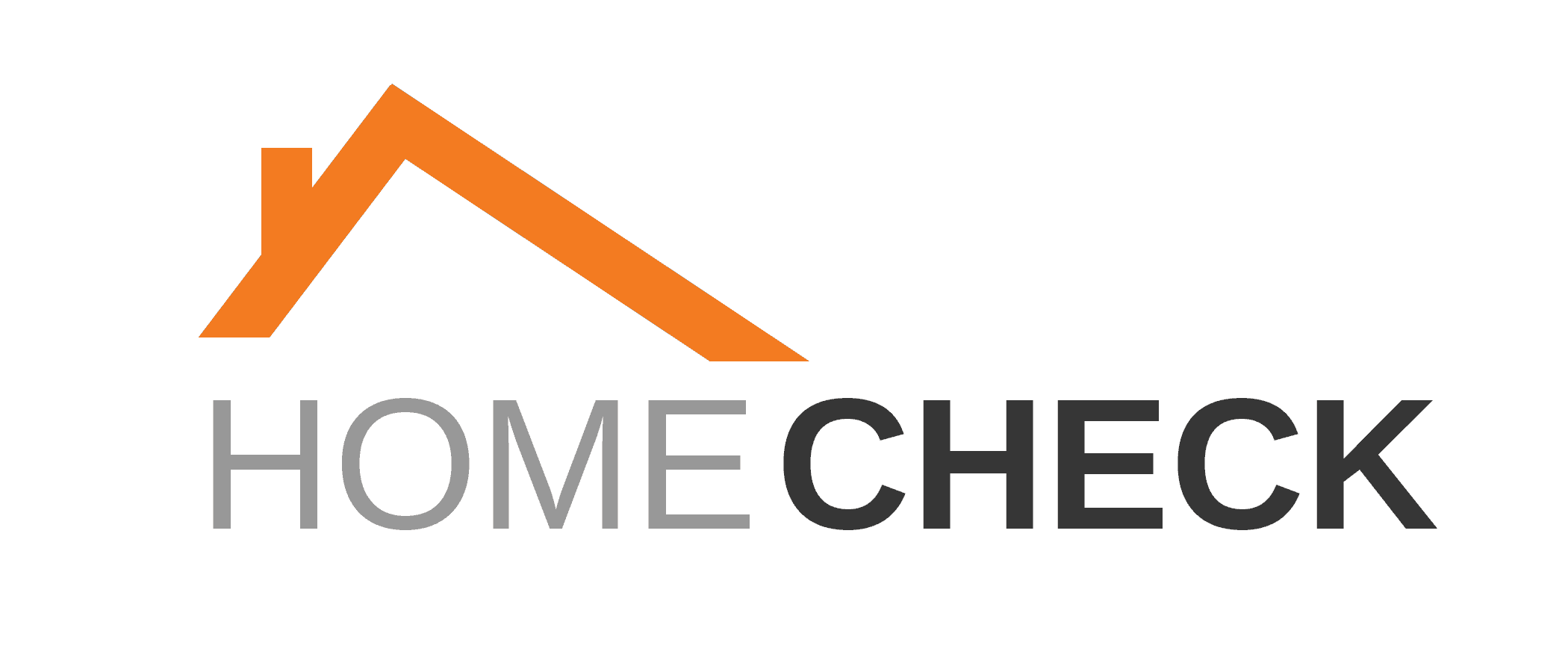When buying a home, one crucial step is the home inspection. This process helps uncover potential issues with the property, ensuring you make an informed decision. While some homeowners opt for a DIY approach, others prefer hiring a professional. Each method has its advantages and disadvantages. Let’s explore the pros and cons of DIY vs. professional home inspections.
DIY Home Inspection
Pros:
- Cost Savings
- One of the most significant benefits of a DIY home inspection is saving money. Professional inspections can cost several hundred dollars, whereas a DIY inspection costs virtually nothing.
- Flexibility and Convenience
- You can perform the inspection at your own pace and on your own schedule. This flexibility can be particularly beneficial if you have a tight timeline or multiple properties to inspect.
- Personal Involvement
- Conducting the inspection yourself allows you to get intimately familiar with the property. You can take your time to explore every nook and cranny, which can be very satisfying and informative.
- Educational Experience
- Doing it yourself can be a valuable learning experience. You’ll gain knowledge about home maintenance, common issues, and how various systems in a house work.
Cons:
- Lack of Expertise
- Unless you have a background in construction or home maintenance, you might miss critical issues. Professionals are trained to identify problems that an untrained eye might overlook.
- Limited Tools and Equipment
- Professional inspectors use specialized tools (like thermal imaging cameras, moisture meters, and electrical testers) that most homeowners don’t have. These tools can detect hidden problems.
- Potential for Oversight
- DIY inspections can be subjective and potentially biased. Without a systematic approach, you might overlook significant defects or underestimate the severity of issues.
- No Formal Report
- Professional inspectors provide detailed reports, which can be crucial for negotiations and future repairs. A DIY inspection lacks this formal documentation.
Professional Home Inspection
Pros:
- Expertise and Experience
- Professional inspectors have extensive training and experience. They are knowledgeable about building codes, structural integrity, electrical systems, plumbing, and more.
- Thorough and Detailed
- Professionals follow a standardized checklist to ensure a comprehensive inspection. They are adept at identifying subtle signs of trouble that a layperson might miss.
- Advanced Tools and Technology
- They use specialized tools that provide a more thorough assessment. For instance, thermal imaging can detect leaks behind walls, and moisture meters can find hidden water damage.
- Detailed Report
- After the inspection, you receive a detailed report outlining the condition of the property, including photos and recommendations for repairs. This report is invaluable for negotiations and planning future maintenance.
- Peace of Mind
- Knowing that an expert has thoroughly inspected the property can provide peace of mind, reducing the risk of unexpected and costly repairs down the line.
Cons:
- Cost
- Professional inspections can be expensive, often costing several hundred dollars. This cost can be a barrier for some buyers, especially if they need multiple inspections.
- Scheduling and Availability
- Finding a qualified inspector and scheduling the inspection can sometimes be challenging, especially in a hot real estate market. This can cause delays in the home buying process.
- Limited Personal Involvement
- While you can (and should) attend the inspection, you are relying on someone else’s expertise. Some buyers might prefer a more hands-on approach.
Conclusion
Choosing between a DIY and a professional home inspection depends on your budget, expertise, and comfort level. A DIY inspection can save money and provide a valuable learning experience, but it comes with the risk of missing crucial issues. On the other hand, a professional inspection offers thoroughness, expertise, and a detailed report, providing peace of mind but at a higher cost.
For most buyers, the professional route is the safer bet, ensuring that potential problems are identified and documented. However, if you’re confident in your abilities and want to save some money, a DIY inspection can be a viable option, especially when paired with follow-up professional advice for areas of concern.
Ultimately, the best approach might be a combination of both: start with a DIY inspection to familiarize yourself with the property, then hire a professional for a comprehensive evaluation. This way, you get the best of both worlds, ensuring a sound investment in your new home.

